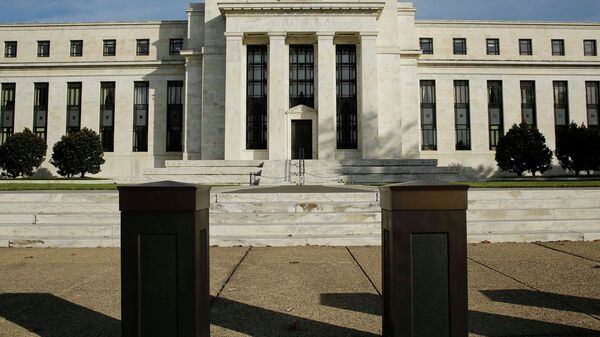WASHINGTON (Sputnik) — At present, eight US banks will have to surcharge their capital, including Bank of America, Bank of New York Mellon, Citigroup, Goldman Sachs, JPMorgan Chase, Morgan Stanley, State Street and Wells Fargo, according to the press release.
The surcharges will become fully effective on January 1, 2019, the Federal Reserve said.
“A firm that is identified as a global systemically important bank holding company, or GSIB, will have to hold additional capital to increase its resiliency in light of the greater threat it poses to the financial stability of the United States,” the press release read on Monday.
Federal Reserve Chair Janet Yellen explained that under the new regulations, banks will have to choose between increasing their capital or minimizing their “systematic footprint” that includes size, interconnectedness and complexity, among other characteristics.
“A key purpose of the capital surcharge is to require the firms themselves to bear the costs that their failure would impose on others,” Yellen added.
The Federal Reserve is the central bank of the United States and is responsible for national monetary policy, setting interest rates and regulating banks.


